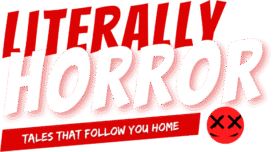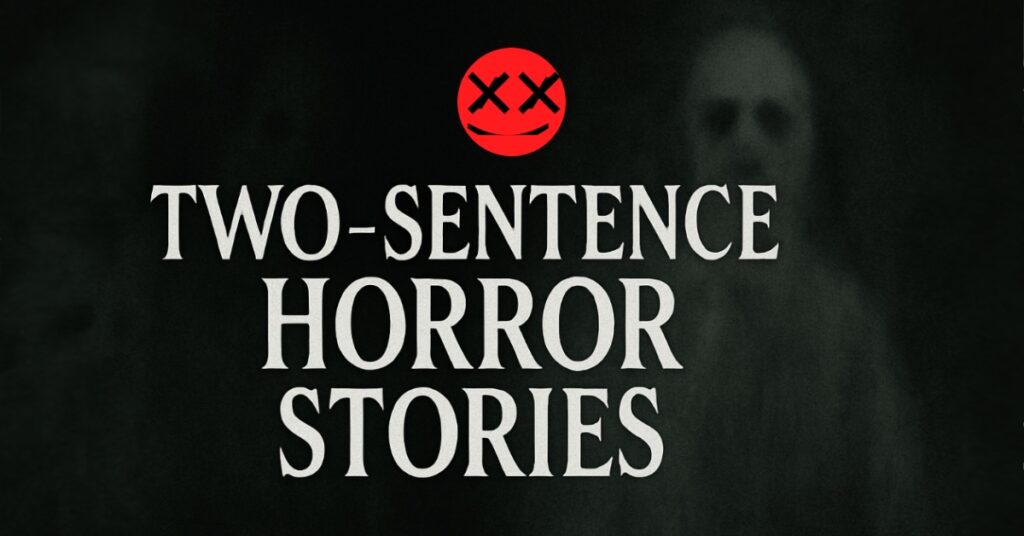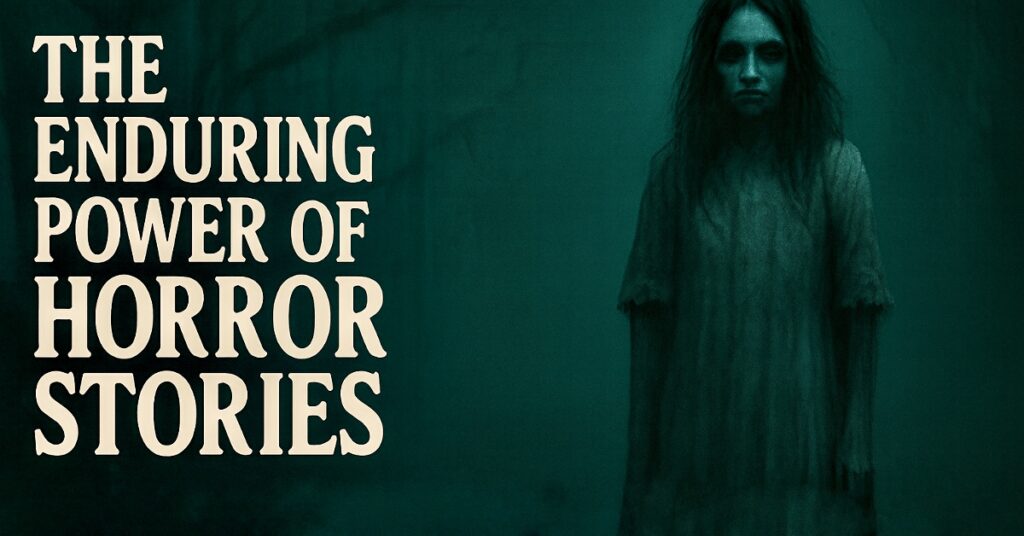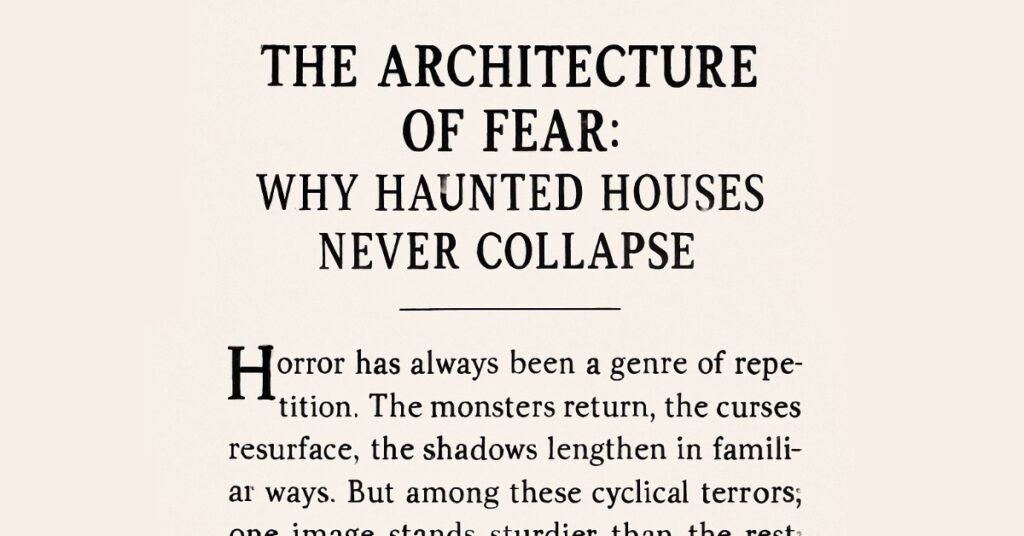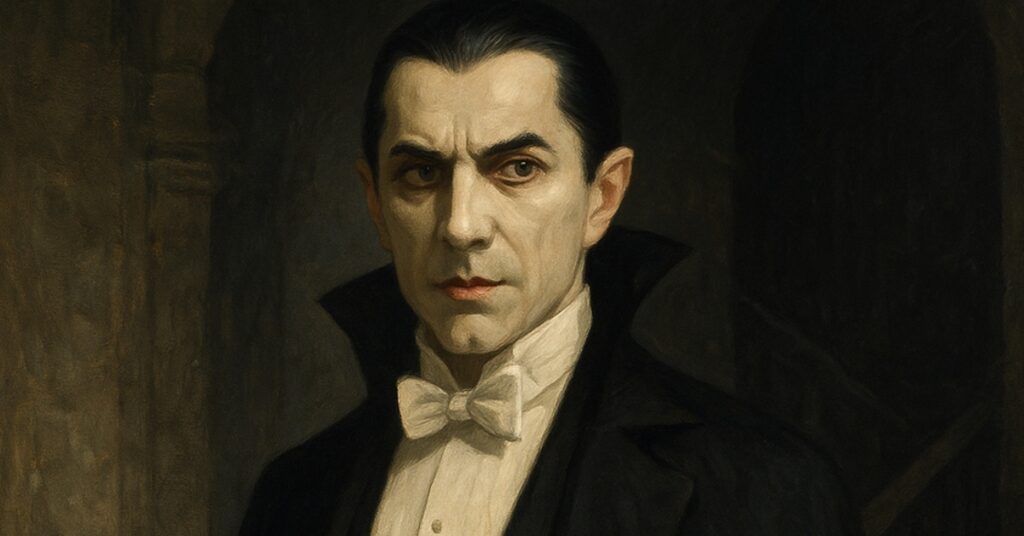In the digital age, horror has found new ways to breathe in the cracks of our daily lives. No longer confined to Gothic tomes or campfire retellings, it now thrives in the spaces where our attention is shortest, our scrolling endless, and our appetite for shock insatiable. Few phenomena capture this better than the rise of two-sentence horror stories — micro-narratives designed to disturb, unsettle, and haunt, all within the span of a single breath.
The movement began quietly on Reddit, in communities like r/TwoSentenceHorror, where amateur writers and casual lurkers alike competed to deliver maximum dread with minimal words. The format was deceptively simple: set up a scene in the first sentence, twist it brutally in the second. And yet, within that limitation, a strange kind of literary brilliance flourished. The stories spread beyond Reddit, shared in screenshots, TikToks, YouTube narrations, even classroom assignments. They became modern folklore for the scrolling generation.
The Allure of Brevity
Why did these tiny nightmares strike such a nerve? Part of the answer lies in brevity itself. In an era where attention spans fracture under the weight of constant notifications, the two-sentence format feels made for the moment. Readers don’t need to commit to chapters or even paragraphs; they can be terrified between subway stops, or in the brief pause before opening another app. Horror, which often relies on suggestion and atmosphere, is uniquely suited to this compression. The imagination does the heavy lifting.
Democratizing Fear
Reddit also gave horror an unusual democratization. Anyone could post; anyone could terrify. You didn’t need a publishing deal, a polished manuscript, or even more than two lines. The gatekeepers were gone. If your story worked, it spread. If it failed, it was buried in the feed. In this way, two-sentence horror embodied the spirit of internet culture itself — immediate, brutal, and strangely communal. A good line could travel across the globe in hours, stripped of authorship but not of impact.
Horror for the Meme Age
The format also lent itself to memes and viral sharing. A chilling two-liner could be overlaid on an eerie stock photo and instantly circulated across Twitter, Tumblr, or Instagram. TikTok creators read them aloud with dramatic music; YouTube channels compiled “Top 100 Two-Sentence Horror Stories.” They were digestible content blocks that matched the rhythm of the platforms they lived on. In essence, horror adapted to survive in the meme economy.
Tradition in Miniature
Yet for all its modern packaging, the phenomenon isn’t entirely new. Horror has always thrived in short forms — the ghost story whispered at night, the urban legend passed in school hallways, the sudden jolt of a campfire scare. Two-sentence horror stories are simply the most compressed version of an ancient instinct. The shorter the story, the more space the mind has to fill with dread. Silence, after all, is the oldest horror device of all.
The Cultural Echo
Their popularity also says something about our cultural moment. Two-sentence horror often distills common anxieties: waking to find someone in your room, losing a loved one in an uncanny way, technology turning against you. They are reflections of modern paranoia, but stripped down to bone and nerve. In two lines, they reveal how fragile our sense of safety really is.
Beyond Reddit
Though Reddit remains the birthplace, the format has escaped it entirely. Publishers have collected two-sentence horror anthologies. Teachers assign them to spark creativity. Mental health professionals even analyze them as a form of collective anxiety dump — a way for anonymous posters to channel fear into fiction. They are no longer a novelty; they are part of horror’s digital DNA.
Why They Endure
Two-sentence horror stories endure because they work in a way almost nothing else can. They fit in the margins of our lives but linger long after. They remind us that horror doesn’t need a sprawling novel or a feature film to cut deep. Sometimes, two lines are enough. And in a world addicted to scrolling, maybe that’s exactly the kind of horror we need — fleeting, viral, and unforgettable.
